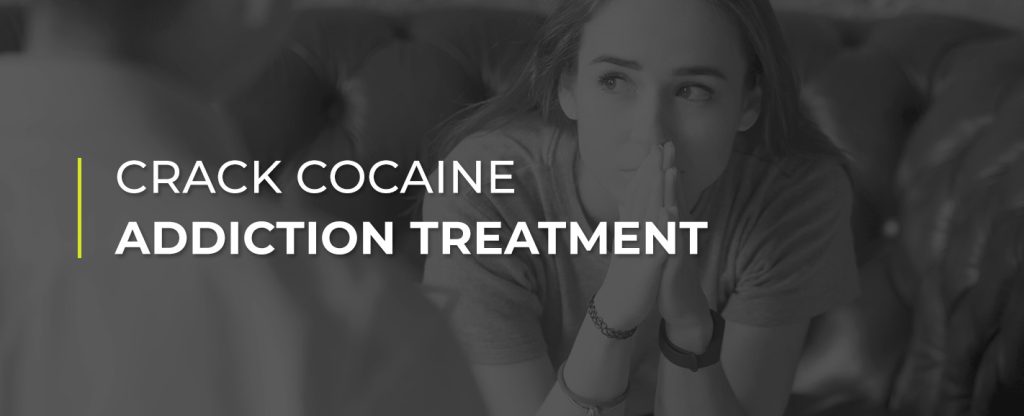- Apr 15
- AddictionDrug Addiction Treatment

Few things in life are as heartbreaking as watching a friend or loved one cope with a serious substance use problem. Chances are, you’ve invested a lot of time, energy and tears in trying to make them stop. Has anything been successful? If the answer is no, you may be tempted to give up. After all, if all your effort has done nothing but make you miserable, then wouldn’t your time be better spent on other relationships?
When you have a friend addicted to drugs, these are the questions that keep you up at night. If you’ve reached the point where you feel like there is little — if anything — you can do, then it’s time to step back and reflect. While you may be discouraged and scared, don’t give up hope. You may be the one who finally reaches your friend and helps them get back on track.
Why My Friend Does Drugs
In simple terms, addiction is a bad disease that can happen to good people. There are many reasons people fall into using drugs like cocaine. This reason may be well-known and obvious, or it may be a hidden, underlying issue. Understanding why your friend is using cocaine can give you greater insight into why it’s so difficult for them to quit. It can also help you find treatment programs that specialize in their specific concerns. Some common reasons why people use cocaine include:
- Chronic pain
- Mental health problems
- Past trauma or PTSD
- Home- or work-related stress
How to Help Someone Addicted to Cocaine
Don’t let past failures or fear of how your friend may react deter you from talking to them. Be honest, kind, and remember that your loved one is not the enemy — addiction is.
If you’ve tried to help your friend in the past and failed, here are some things to consider that may help you get through to them.
1. Don’t Wait for Them to Reach Bottom
If you’ve hit one roadblock after another, you may be tempted to wait until your friend reaches rock bottom to try to help them again — but you shouldn’t hold off. Their rock bottom could be prison, serious injury or death.
2. Find Help and Support for Yourself
If you’ve done everything you know to do to get through to your friend, reach out for help. Local addiction treatment centers, therapists and even support groups in your community are great resources. They can offer advice and share success stories that encourage you to keep going.
3. Cease Enabling Behaviors
In your effort to help your friend and support them, you may inadvertently do things that allow them to continue down the path of addiction. This is called enabling. Stopping enabling behaviors will help your friend face the consequences of their addiction so that they’re hopefully more interested in seeking help. With that in mind:
- Stop making excuses for your friend’s behavior.
- Don’t give them money or pay their bills.
- Stop bailing them out of bad situations caused by their addiction.
4. Ask the Right Questions
When you are ready to talk to your friend, avoid being aggressive and judgmental. You don’t want to make them build walls or scare them away. Instead, choose compassion, understanding and kindness. Even if you feel angry that your past efforts to help them have failed, your goal is to affect change — not start an argument.
Asking the right questions could get your friend closer to considering addiction rehab. Here are a few things you could ask during the course of your conversation:
- Do you know that your family and friends are concerned about you?
- Have you noticed yourself struggling with your cocaine use?
- Have you tried to get help?
- Have you considered going to rehab?
- What can I do to help you?
5. Find an Interventionist and Stage an Intervention
An intervention is a staged conversation where you and other loved ones confront your friend about their addiction and attempt to persuade them to get help. Thankfully, you don’t have to host an intervention alone.
Interventionists are trained professionals who can make the process easier by helping you to understand your role in your friend’s life and preparing you and other loved ones for this vital conversation. The goal is to get your loved one to accept accountability and to want to get help from a professional cocaine addiction treatment center.
Tell Your Friend About Gateway Foundation
Ultimately, the only one who can choose to get help is the person struggling with addiction. If you don’t give up hope, you could be the voice of reason that finally gets through to your loved one.
Once your friend is ready to admit they need help, we’ll be here. Gateway Foundation has been operating for over 50 years, helping individuals who struggle with substance use disorder. Our cocaine addiction treatment program offers individualized care, medical supervision and therapeutic services to ensure your friend gets the help they need.
If you would like more information or additional advice on how to speak with your friend, we welcome you to contact us today.


